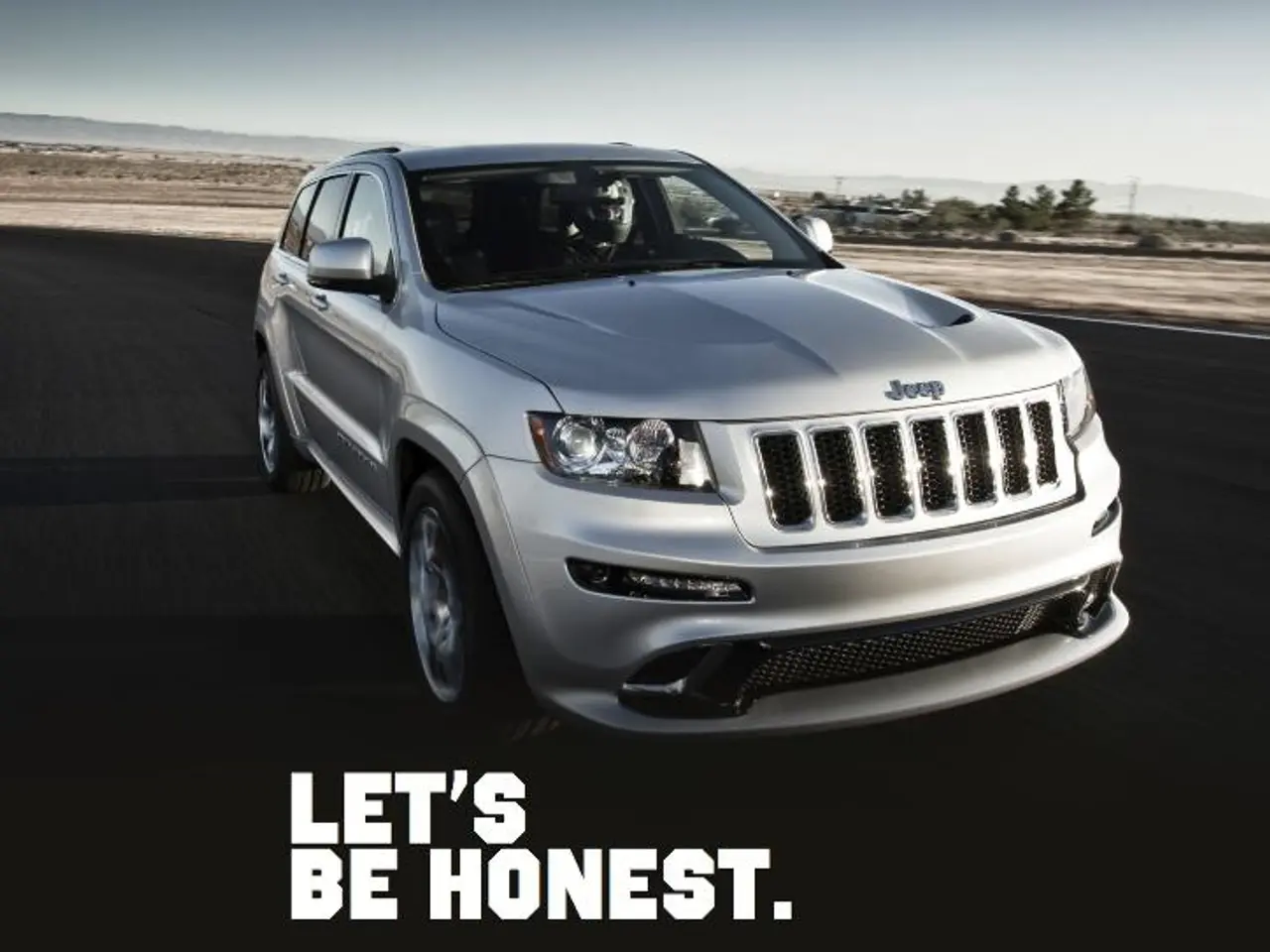Important considerations when purchasing a used vehicle overseas
When purchasing a used car from another EU country, it's essential to navigate the process with care to reap the benefits of potential tax advantages and affordable offers. Here's a guide to help you make a smooth transaction.
Obtaining Necessary Documents
To start, verify the car's maintenance and inspection records, such as the valid HU or TÜV sticker in Germany, and emissions certification if applicable. Obtain a formal purchase agreement that clearly states the buyer and seller details, vehicle description, price, condition, and any warranties or guarantees. Ensure all documents are legally recognized in both countries involved.
Arrange for the car registration documents and proof of ownership to be transferred properly. Some dealerships or platforms may offer assistance with this. Verify export and import requirements for customs clearance, including any taxes, duties, and import permits required by your country.
Drawing Up a Purchase Agreement
Use a detailed and written purchase agreement to avoid misunderstandings. It should cover car details (VIN, make, model, condition), agreed price, payment terms, delivery timeline, and dispute resolution mechanisms. If purchasing through a platform or dealership, carefully review their sales contract terms. In private sales, consider having the agreement reviewed by legal counsel familiar with both countries' laws.
Avoiding Foreign Dealer Financing
To reduce risks with foreign dealer financing, consider securing your own financing locally before purchasing. Paying in cash or through an escrow service can help avoid financial issues. If loan financing is necessary, seek a local lender or bank that offers international financing products rather than relying on dealer credit abroad.
Additional best practices include using reputable online platforms, negotiating pricing and services such as including registration or delivery costs upfront, carefully inspecting the vehicle in person or through an authorized agent before finalizing the purchase, and factoring in all extra costs (shipping, customs, insurance, taxes) in your budget planning.
By focusing on thorough documentation, clear purchase agreements, and independent financing, you can greatly reduce risks and ensure a smoother experience when buying a used car internationally. Additionally, it's possible to apply for COC papers retroactively for certain car brands, and a witness can sign the purchase agreement to strengthen its legitimacy.
When buying a used car from a private seller abroad, it's important to draw up a purchase agreement that includes the full names of both parties, the date, and signatures. Appearing as a cash buyer can give buyers a negotiating advantage when buying a car abroad. Without the COC, there can be issues registering the car in Germany.
By following these tips, you'll be well on your way to a successful purchase of a used car from another EU country. Happy shopping!
- It's advisable to research the lifestyle and financial implications of owning a foreign car, such as maintenance costs, insurance premiums, and potential tax benefits, before making a purchase.
- If you're planning to upgrade your transport lifestyle with a used car from another EU country, consider exploring financing options in your local market to maintain financial control and avoid relying on foreign dealers' financing.




